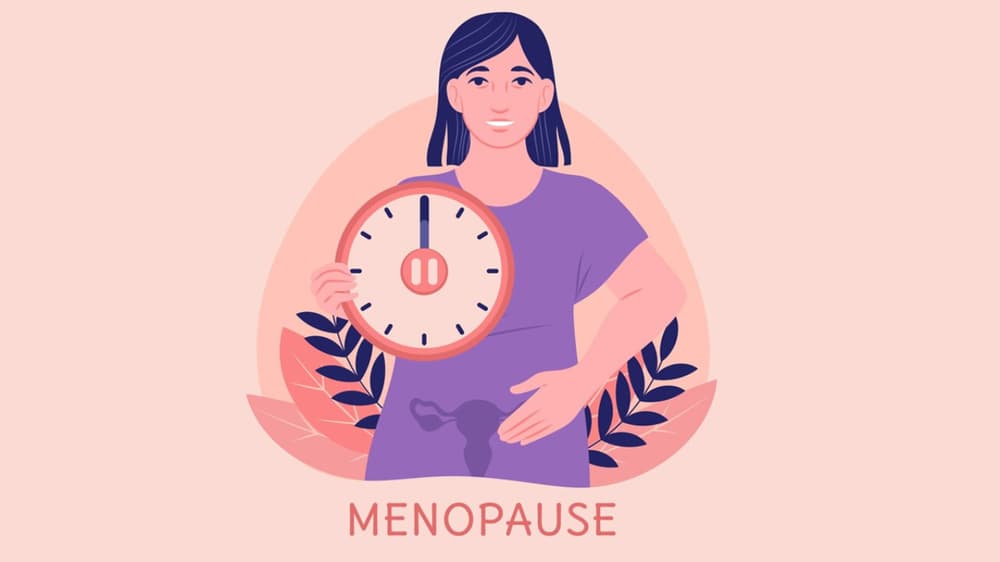Menopause is going mainstream as women, health professionals, and brands work to normalize and optimize midlife hormonal health. With growing cultural visibility, personalized treatments, and tech-driven solutions, menopause is being reframed from a taboo to a time of empowerment.

For years, menopause was spoken of in hushed tones, if at all. Women rode it out quietly, usually alone, with hot flashes, mood swings, and exhaustion without guidance or solace. But in 2025, something surprising is happening: menopause is mainstream.
From wellness, tech, pharma, and fashion, there is a movement underway to normalize, de-stigmatize, and optimize midlife hormonal health in women.
Welcome to The Age of Hormonal Well-being—a cultural, medical, and economic revolution that is redefining the way we understand aging, health, and womanhood.
Taboo to Trending: A Cultural Makeover
The menopause dialogue has been refreshingly rebooted. No longer a whisper-network taboo topic, menopause is now the focus of podcasts, wellness summits, celebrity backing, and business wellness initiatives.
Key Cultural Shifts:
- Celebrities such as Naomi Watts, Michelle Obama, and Oprah Winfrey are speaking openly about their experiences, and hence it has become mainstreamed.
- Social media influencers are making hormone talk normal through the use of hashtags such as #HormonalWellness, #MidlifeGlow, and #MenopauseMatters.
- Women-founded startups and femtech businesses are building communities, products, and platforms that enable midlife women to take control of their health.
Understanding Hormonal Wellness: It's Not Just About Hot Flashes
Hormonal well-being is greater than symptom management of menopause. It's a whole-system approach to hormonal balance, integrating physical, emotional, and psychological health during perimenopause, menopause, and postmenopause.
Normal Hormonal Changes:
- Decrease in estrogen, progesterone, and testosterone
- Increased sensitivity to cortisol
- Changes in insulin sensitivity and thyroid function
These changes affect everything from bone density and metabolism to mood, memory, sleep, and libido.
The New Toolkit: Personalized, Preventive, and Empowering
Those are the days of "just deal with it." Women today have at their fingertips science and customization-based solutions to deal with hormonal imbalances face-on.
The Best Solutions for Hormonal Wellness:
- Hormone Replacement Therapy (HRT): Now safer, more specific, and now in the guise of bioidenticals.
- Menopause-Specific Supplements: Adaptogens, phytoestrogens, magnesium, and omega-3s star in most midlife protocols.
- Wearable Tech & FemTech: Sleep-tracking, heart rate variability-tracking, and even hormone swing-tracking wearables.
- Integrative Models of Care: Facilities where counselors, nutritionists, endocrinologists, and fitness professionals all operate from one location.
- Emotional Health Support: More and more women are turning to CBT, mindfulness, and coaching to handle emotional shifts.
Corporate Wake-Up Call: Menopause at the Office
Firms with a forward outlook are waking up to the reality that menopause affects productivity, retention, and overall employee well-being. Menopause support has made it to the HR agenda for the first time since maternity leave and parental policy.
Examples:
- UK and US companies offering "menopause leave" and flexible working practices.
- In-house menopause wellbeing rooms, online forums, and HRT medical provision.
- Corporate well-being initiatives with menopause literacy training for male and female employees.
Economic Power: The Menowave Market
Over 1.1 billion women will be postmenopausal in 2030, and the service and product market for menopause is booming. It's not a wellness movement—this is an economic wave around the globe.
The Menowave Economy:
Valued at $24.4 billion in 2024 and poised to reach over $35 billion by 2028.
New brands are targeting sleep, sexual wellness, mental wellness, nutrition, and skin care in midlife women specifically.
Spending on AI-based hormone tracking and diagnostic tech is mainstreaming.
Welcoming the Midlife Glow
The narrative is shifting—one of loss to one of empowerment. Menopause is no longer an ending chapter, but a new powerful chapter in a woman's health narrative.
Women in their 40s, 50s, and 60s are not vanishing—They're thriving. They're launching businesses, redefining beauty standards, running marathons, and demanding greater care.
This is not a moment. It's a movement.